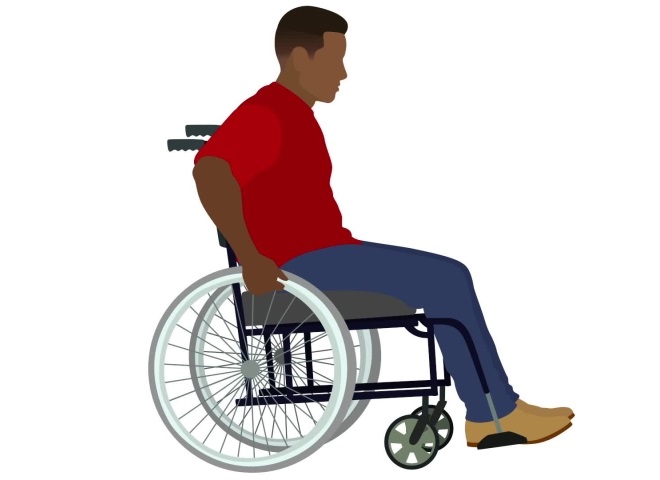
Perhaps it is worth celebrating the fact that more people have recovered from coronavirus disease than died from it.
As at the time of publishing this post (April 10, 2020 – 8:00 PM CAT), global coronavirus numbers stand at:
Total coronavirus confirmed cases: 1,682,220
Deaths: 101,983
Recovered: 375,093
According to the WHO, about 3.4% of all reported COVID-19 cases have died.
Most people actually recover fine from coronavirus disease and go on to live completely normal lives. But for some, especially those patients who became seriously ill from the disease and developed serious respiratory issues and had to be put on a ventilator, recovery isn’t as pleasant.
Writing for The Washington Post, David Lat who spent six days on a ventilator in the intensive care unit of New York University Langone medical centre in New York City, revealed how different life could be after recovering from COVID-19 disease.
David Lat stated his father (who is a doctor) had warned him not to allow doctors to put him on a ventilator.
“You better not get put on a ventilator. People don’t come back from that,” David’s father had told him.
Data from both China, Italy and the United States have actually suggested that about half of those with coronavirus disease who receive ventilator support will eventually die.
Addressing the real purpose of ventilators, Scott Halpern, a bioethicist at the University of Pennsylvania, said: “They’re called life support for a reason — they just keep people alive while typically buying time for something else to heal the lungs.”
According to David, many patients who come off ventilators suffer lasting physical, mental and emotional issues, including cognitive deficits, lost jobs and psychological issues, such as depression and post-traumatic stress disorder.
David says it would take a while for his lungs to rebuild their true capacity after ventilator use. This would mean staying completely away from anything strenuous, even something as simple as standing through a shower.
David said he currently cannot walk around his block without being pushed in a wheelchair.
David also disclosed how being on the ventilator for almost a week has damaged his vocal cords.
“Now my voice is extremely hoarse. My speech pathologist expressed optimism that the damage is not permanent. Only time will tell,” he wrote.
David concluded his story by saying he is grateful to be alive. He also said he would not deny that being put on a ventilator when his symptoms became severe contributed to his survival.
***
Special gratitude to David Lat who shared his story with The Washington Post.


